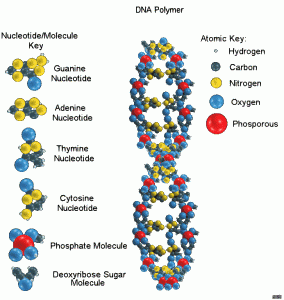Consciousness and Mind
Consciousness and Mind presents David Rosenthal’s influential work on the nature of consciousness. Central to that work is Rosenthal’s higher-order-thought theory of consciousness, according to which a sensation, thought, or other mental state is conscious if one has a higher-order thought (HOT) that one is in that state. The first four essays develop various aspects […]
Consciousness and Mind presents David Rosenthal’s influential work on the nature of consciousness. Central to that work is Rosenthal’s higher-order-thought theory of consciousness, according to which a sensation, thought, or other mental state is conscious if one has a higher-order thought (HOT) that one is in that state. The first four essays develop various aspects of that theory.
Consciousness and Mind
by David Rosenthal
Clarendon Press 388 pages, 234mm x 156mm
Description
- The best essays on consciousness from a leading philosopher
- Definitive presentation of an important theory
- Two decades of work in one volume for the first time
Consciousness and Mind presents David Rosenthal’s influential work on the nature of consciousness. Central to that work is Rosenthal’s higher-order-thought theory of consciousness, according to which a sensation, thought, or other mental state is conscious if one has a higher-order thought (HOT) that one is in that state. The first four essays develop various aspects of that theory.
The next three essays present Rosenthal’s homomorphism theory of mental qualities and qualitative consciousness, and show how that theory fits with and helps sustain the HOT theory. A crucial feature of homomorphism theory is that it individuates and taxonomizes mental qualities independently of the way we’re conscious of them, and indeed independently of our being conscious of them at all. So the theory accommodates the qualitative character not only of conscious sensations and perceptions, but also of those which fall outside our stream of consciousness. Rosenthal argues that, because this account of mental qualities makes no appeal to consciousness, it enables us to dispel such traditional quandaries as the alleged conceivability of undetectable quality inversion, and to disarm various apparent obstacles to explaining qualitative consciousness and understanding its nature.
Six further essays build on the HOT theory to explain various important features of consciousness, among them the complex connections that hold in humans between consciousness and speech, the self-interpretative aspect of consciousness, and the compelling sense we have that consciousness is unified.
Two of the essays, one an extended treatment of homomorphism theory, appear here for the first time. There is also a substantive introduction, which draws out the connections between the essays and highlights their implications.








